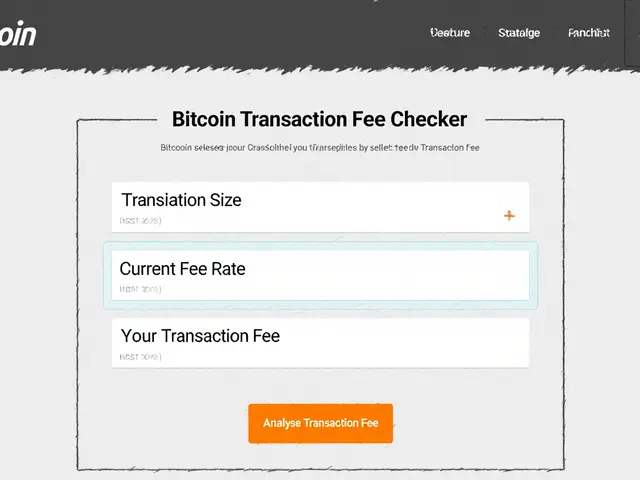KYC Violations in Crypto – Risks, Regulations, and Real‑World Examples
When dealing with KYC violations, instances where crypto platforms fail to properly verify user identities, breaching Know Your Customer rules. Also known as identity verification breaches, it exposes investors to fraud, money‑laundering, and regulatory fines. Crypto exchanges, platforms that let users trade digital assets are the frontline where these breaches happen, because every trade starts with a user account. AML regulations, anti‑money‑laundering laws that require monitoring of suspicious transactions sit right next to KYC rules; together they form the compliance backbone that regulators expect. In short, KYC violations encompass weak identity checks, require robust verification processes, and are influenced by AML guidelines that shape how exchanges operate.
Why Proper KYC Matters for Exchanges and License Holders
The moment a platform skips a verifiable ID check, it opens the door for illicit actors to move funds anonymously. This not only hurts users—who may later discover they’re involved in a fraud scheme—but also triggers heavy penalties from bodies like the Financial Conduct Authority or the U.S. Treasury's FinCEN. VASP licensing, a regulatory credential for virtual asset service providers is designed precisely to prevent such gaps. Holding a VASP license means an exchange must document every customer’s identity, run ongoing monitoring, and report suspicious activity. When a breach occurs, regulators often cite the lack of a valid VASP licence as the root cause, linking licensing directly to KYC compliance. Moreover, the cost of a breach—legal fees, frozen assets, and loss of reputation—far outweighs the investment in proper KYC infrastructure.
Our collection below pulls together the most relevant posts that show how KYC violations play out in the real world. You’ll find exchange reviews that expose weak verification practices, deep dives into regional regulations that shape KYC standards, and step‑by‑step guides on getting a VASP licence in Nigeria or navigating Bappebti rules in Indonesia. Whether you’re a trader checking if a platform is safe, a startup preparing for compliance, or just curious about the latest regulatory news, these articles give you the facts, the risks, and the actions you need to stay ahead of KYC‑related trouble.
Why Upbit Faced a $34Billion Penalty Threat in South Korea
Upbit, South Korea's top crypto exchange, faced a $34billion penalty threat for massive KYC failures, sparking a regulatory wave that reshapes compliance worldwide.
View More




